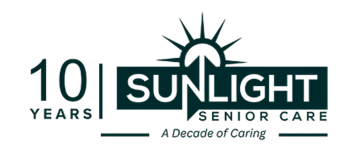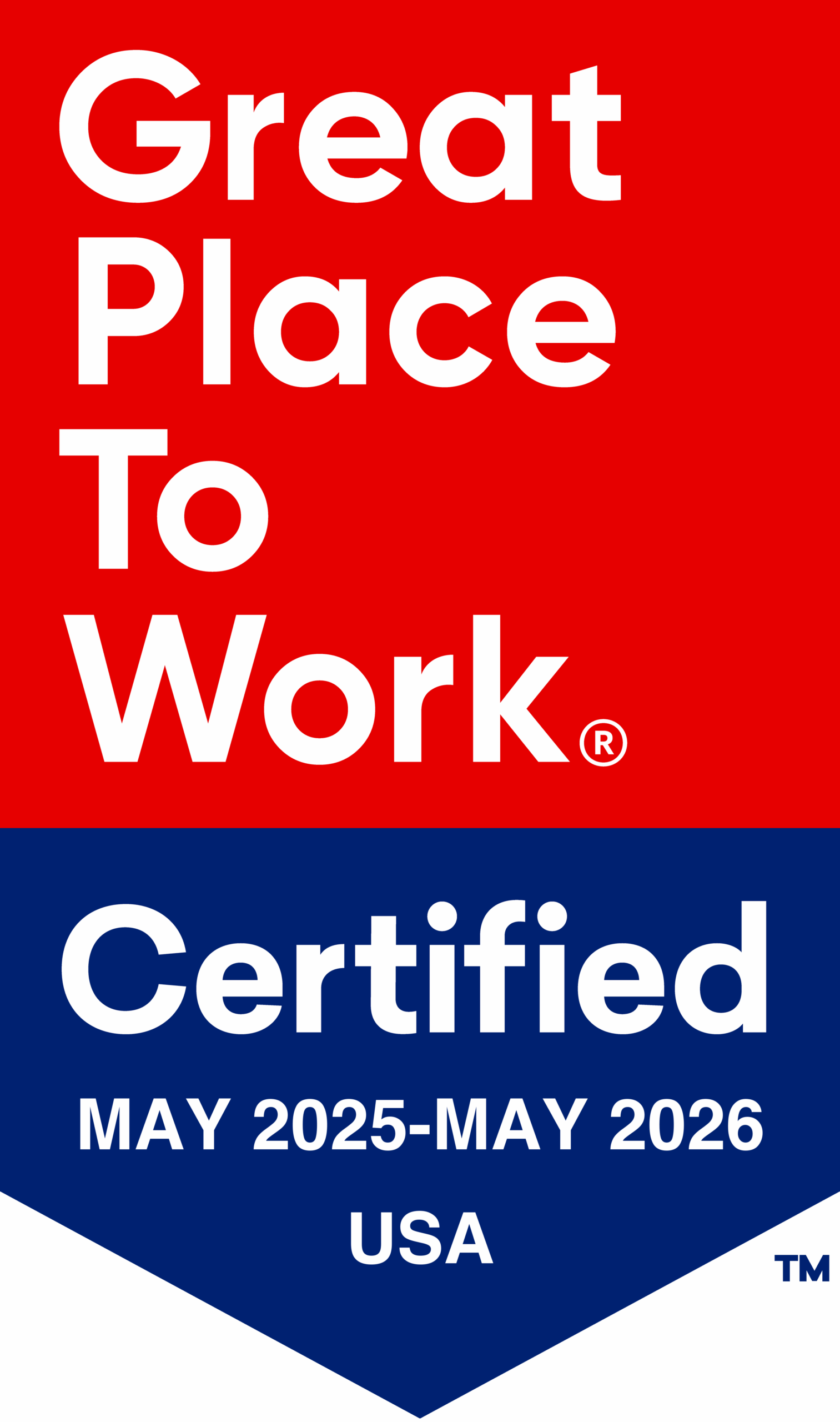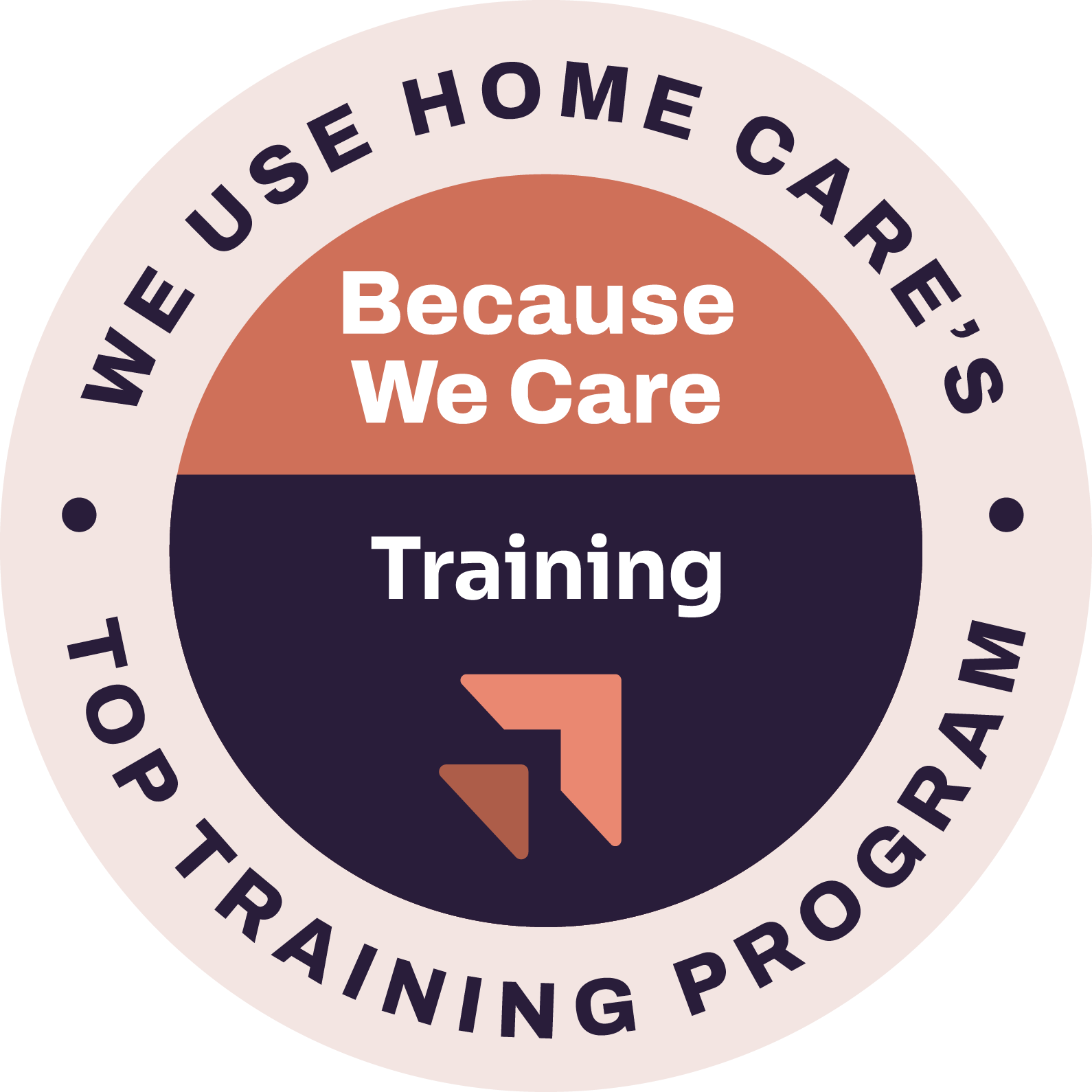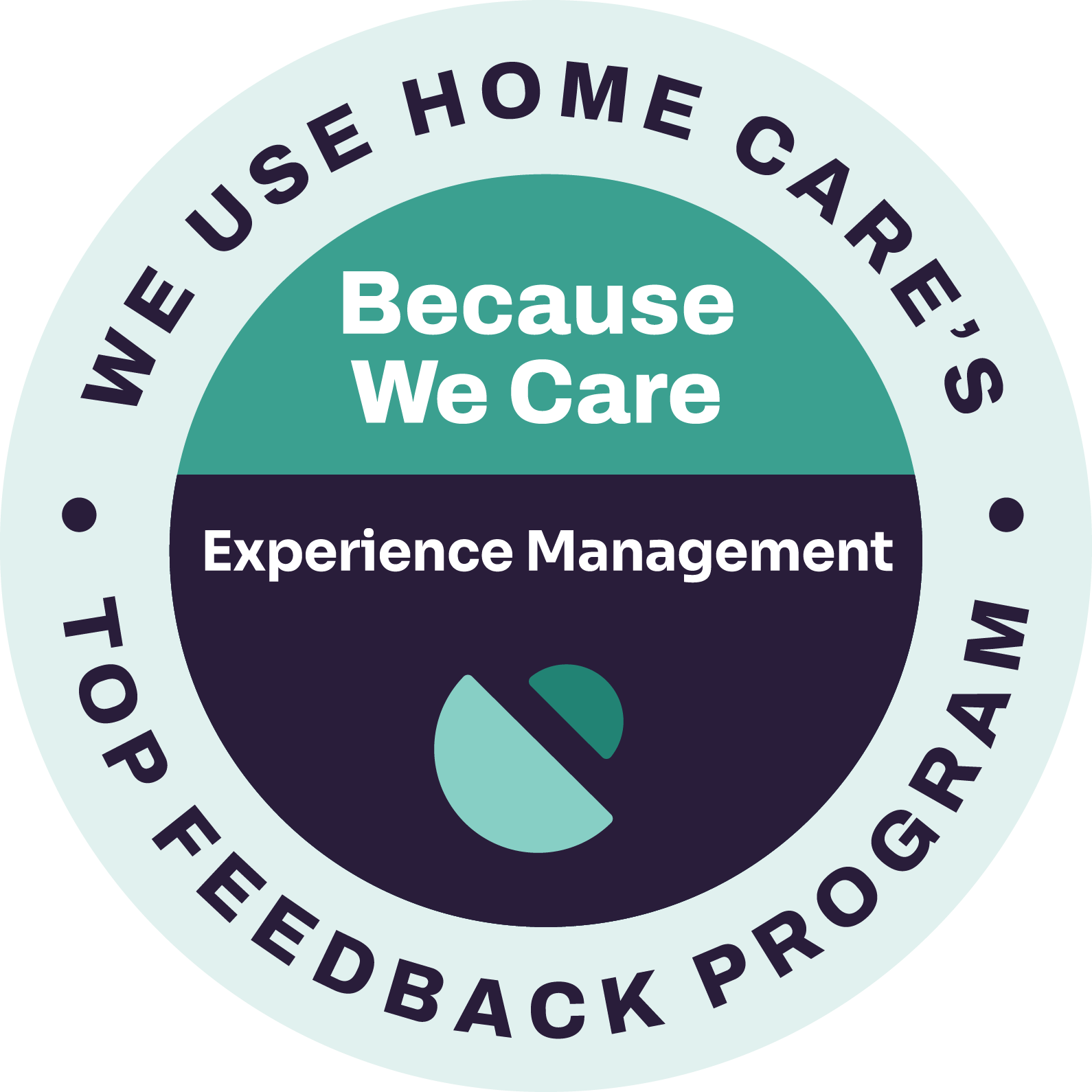Receiving non-medical home care can be both effective and considerably less expensive than other care options. Still, it can be challenging for seniors and their families who may already be dealing with emotional and financial stress. Here are nine ways to pay for care without compromising your peace of mind:
Long-Term Care Insurance
Long-term care insurance helps policyholders pay for long-term care needs, typically due to a chronic illness, disability, injury, or the general effects of aging. Interestingly, half of all long-term Care Insurance policies are never used! (source: American Association for Long-Term Care Insurance) Policies and coverages vary, and can be difficult to understand. Elimination period? (Some insurers waive the elimination period for in-home care!) Indemnity or reimbursement? Direct assignment? Benefit period? Inflation rider?
Sunlight works with clients who have long-term care insurance, and we can help you understand how your policy works and how to maximize your benefits.
Personal Care Agreements
Sometimes, relatives are the ones paying for in-home care services and are then reimbursed from the loved one’s estate after they pass away. Keeping detailed records and receipts of all expenses is essential, and the costs must be deemed necessary and reasonable. You’ll want to have a formal written Agreement and consult with a legal professional to ensure that you follow specific laws and procedures in your jurisdiction.
Personal Savings
Choosing to have in-home care is typically less expensive than other care options, conserving personal savings while making it possible to safely stay in the familiar comfort of home.
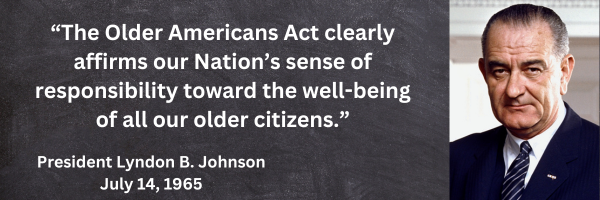
Older Americans Act Title III-B Homemaker and Personal Care Services
Separate from Medicaid and Medicare, the Older Americans Act (OAA) provides funds to help people who are at least 60 years old maintain “maximum independence and dignity in a home environment.” In-home Homemaker Services (e.g., house cleaning, meal preparation, laundry) and Personal Care Services (e.g., bath aide, shaving, dressing) are funded under Title III-B Supportive Services.
The Older Americans Act Title III-E Caregiver Support Services
Respite care covers the cost of outside caregivers to provide temporary relief to family caregivers. This is funded under Title III-E Caregiver Support.
Sunlight is an approved in-home provider for Older Americans Act clients in the Omaha area. For more information on Older Americans Act and to apply for services contact:
- Omaha: Eastern Nebraska Office on Aging 402-444-6558
- Des Moines: Aging Resources of Central Iowa 515-255-1310
- Lincoln: Aging Partners 402-441-7070

Medicaid Waiver
Medicaid is a federal, needs-based program that assists individuals in paying for in-home care (non-medical.) Income limits apply. There are several different kinds of waivers. People 65 and older may receive services under the Elderly Waiver. Physically disabled persons may receive services under the Health and Disability Waiver.
Sunlight is an approved in-home provider for Medicaid Waiver clients in Nebraska and Iowa. For more information on Medicaid, contact:
- Omaha: Nebraska Department of Human Services (402) 595-1178
- Des Moines: Iowa Department of Human Services (800) 972-2017
- Lincoln: Nebraska Department of Human Services (402) 473-7000
Tapping Into a Life Insurance Policy
Withdrawl. With this option, you are withdrawing a portion of the amount you have paid into the policy. Your death benefit will likely be reduced.
Borrowing from the policy’s cash value. Most permanent insurance policies build up a cash value, and while loan limits vary by insurer, many allow you to borrow up to 90% of the policy’s cash value. The amount of the loan, if not repaid, will be deducted from your death benefit.
Most life insurance policies have an Accelerated Death Benefits provision allowing you to receive a tax-free advance on a proportion of your life insurance death benefit while you are alive.
Women age 74+ and men 70+ may sell their life insurance policies to an outside investor, and receive a percentage of the policy death benefit in cash. Known as a Life Settlement, the proceeds may be taxed.
Similar to Life Settlements, Viatical Settlements are available to the terminally ill. If the life expectancy is 2 years or less, the proceeds are usually tax-free.
Reverse Mortgage
If you are at least 62 years old, a reverse mortgage loan allows you to tap into your home’s equity. You continue to live in your home, pay taxes and insurance, but you don’t have to make monthly mortgage payments. The loan is not repaid until you sell the home, move out of the home, or pass away.

VA Benefits
As per the VA.gov website: “A Homemaker and Home Health Aide is a trained person who can come to a Veteran’s home and help the Veteran take care of themselves and their daily activities. The services of a Homemaker or Home Health Aide can help Veterans remain living in their own home and can serve Veterans of any age.”
Sunlight is an approved provider for VA Aid and Attendance clients in Nebraska.
By being informed and proactive, you can make the best decisions for yourself and your family when it comes to paying for in-home care. (Related: How Much Does In-Home Senior Cost?) At Sunlight Senior Care, we’re here to help every step of the way so you can stay home and stay vibrant!
The information provided in this blog post is for general informational purposes only. It is not intended to be legal advice and should not be relied upon as such. For specific legal advice, please consult with a licensed attorney.


